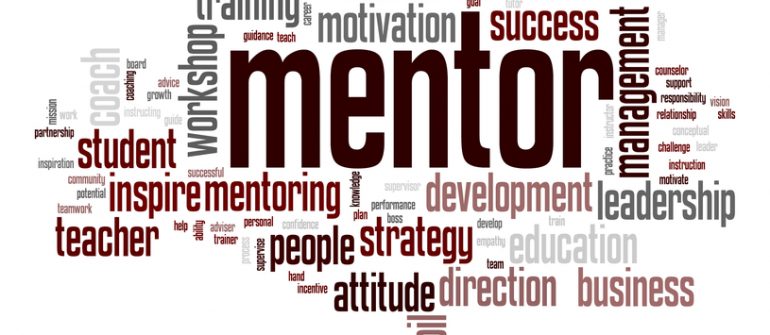Five reasons why mentoring is necessary in today’s professional world.
Your career success depends on a variety of factors. Many people think that once they have a college degree and some on-the-job training they’re on the road to riches. However, mentoring is an often overlooked factor that can give you a leg-up in today’s highly competitive world of work. Why will a mentor help you? Here are five reasons:
1. A mentor may provide feedback that helps you uncover your personal blind spots.
Many of us do things we would find hard to understand when we see others do them. When it is ourselves, though, it can be hard for us to see or easy for us to justify. For example, our enthusiasm may be recognized and reinforced by our supervisor, so we naturally turn it up a notch. More of a good thing must be better, right? Well, not necessarily. Others may come to view you as someone who often drinks one-too-many Red Bulls. A mentor can provide honest feedback, helping you to uncover blind spots that hold back your long-term success.
2. A mentor can help with your skill development.
You’ve got your degree, so now you can scratch that education stuff off your list, right? Ummm, not really. The skills required for success in the working world today require constant attention. A mentor can help you do a self-assessment. With their assistance, you can discover and develop the real-life skills that will allow you be successful today and in the future.
3. You can look to a mentor for social and emotional support.
Most of us work in environments that are stressful or have their own unique downsides. Friends and family may not always understand the difficulties that are particular to your field, company, or workplace. A good mentor can provide certain forms of psycho social support. Sometimes, just having an understanding colleague can help you weather difficult spots in your work-life. A word of caution here: Be careful not to let the mentoring relationship evolve into regular gripe sessions.
4. A mentor provides valuable career advice.
A mentor is a trusted advisor. We can learn from the mistakes of someone who has had a similar journey to ours. On the other hand, a trusted advisor can also allow us to focus in on valuable opportunities. Sometimes we need someone to ask us the hard questions. Mentors can almost always help us uncover the things we do not know that we don’t know.
5. Mentors provide the social connections you need for success.
You’ve heard that you need to network, network, and network more. Although, it is often
uncomfortable to get yourself into the social circles that can help further your career. This is another area where a mentor can be extremely valuable. They’ll know people you don’t and they can introduce you to those people. Also, they are often aware of opportunities that you could miss on your own. In short, you need a mentor. It doesn’t have to be some high-powered executive in a corner office, either.
Good mentoring can be provided by a variety of people, sometimes by peers, other times by people in very senior positions. One of the most important things you can do for your career right now is to tap into a mentoring network, like the one offered at National American University. At NAU Connect, 307 participants have indicated a willingness to provide be a mentor to fellow alumni and students. Go to the directory link and then refine your search by those “willing to help” by being a mentor. You can further refine by geography and industry. Take that first step and reach out to someone willing to help. It’s an important part of our career development journey.
About the author:
Christopher Nettles, Ph.D. received his Bachelor of Science from National American University in 1995, a Master of Arts from the University of Colorado Denver in 2007, and his doctoral degree in clinical psychology from The George Washington University last year. Dr. Nettles runs a mentoring program for early career researchers at the American Psychological Association. He also participates as a mentor in the National American University mentoring network available through NAU connect.
















